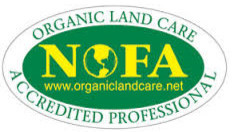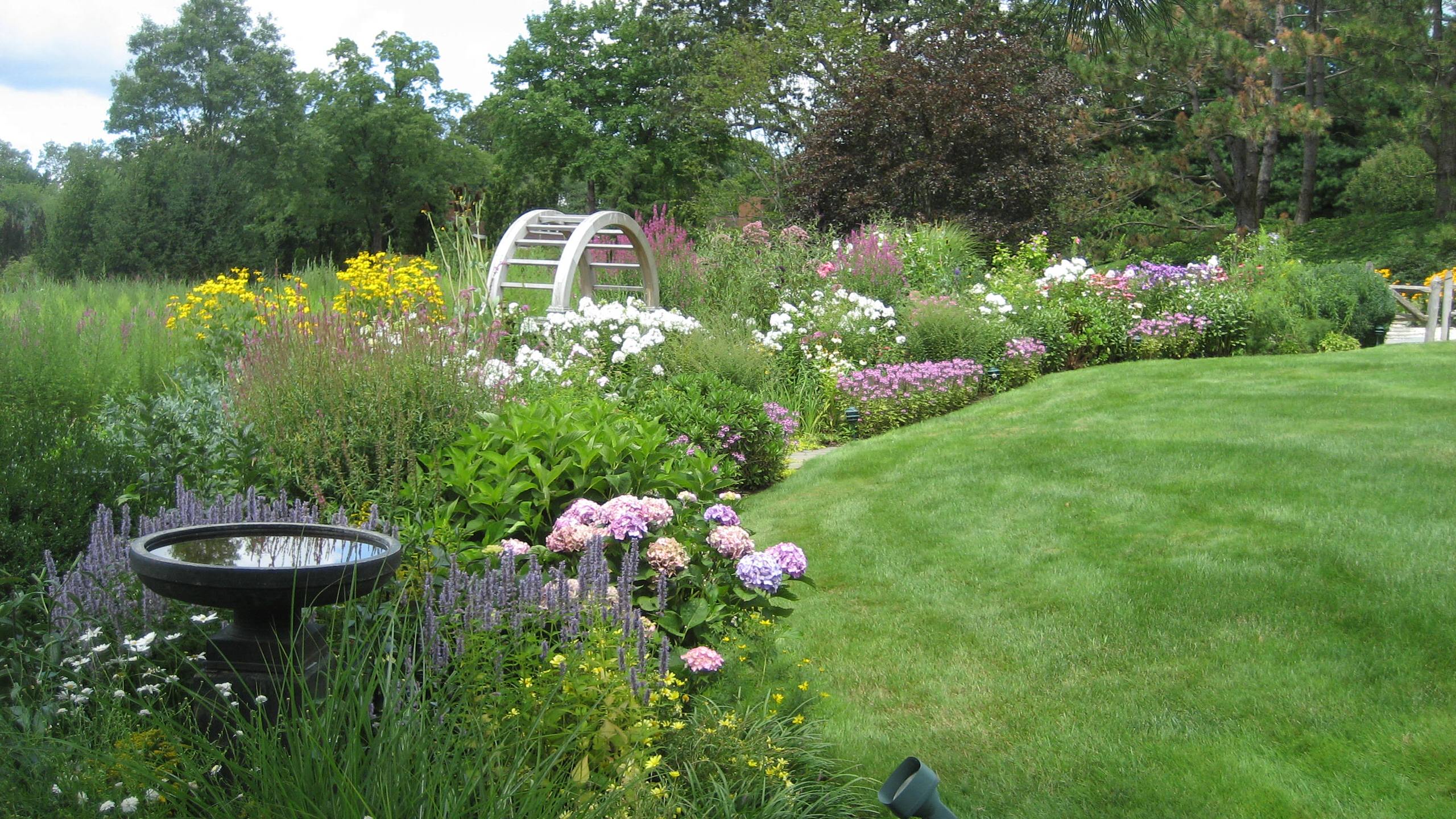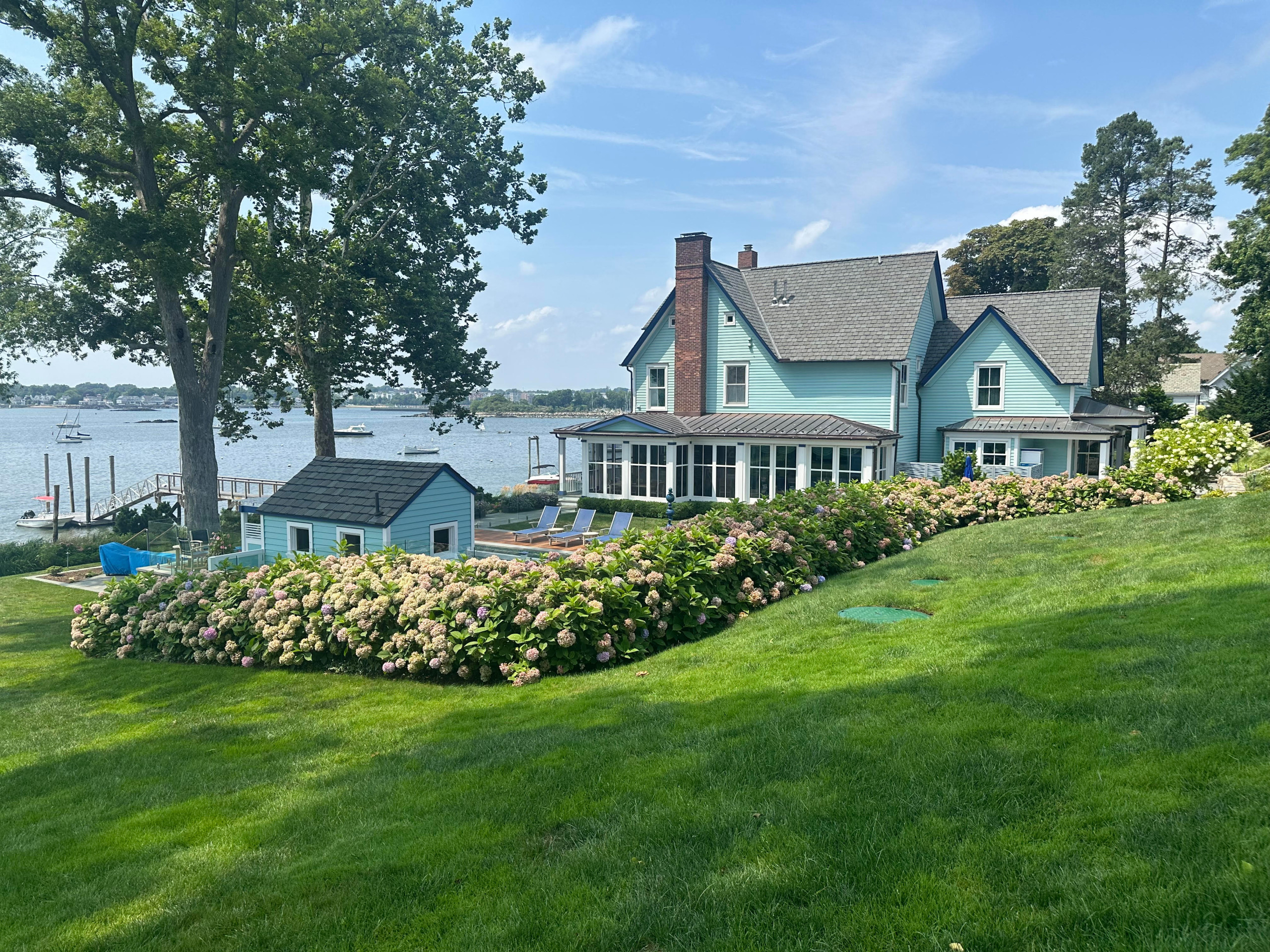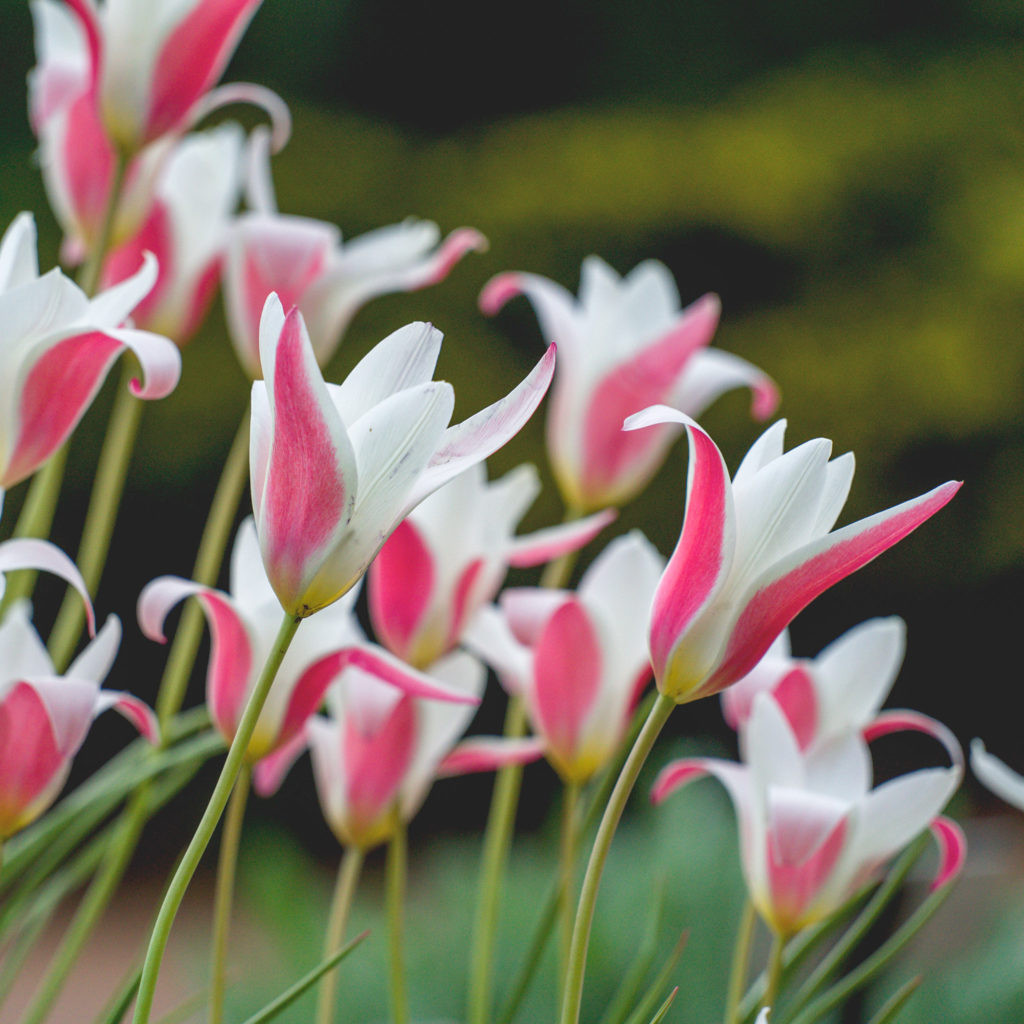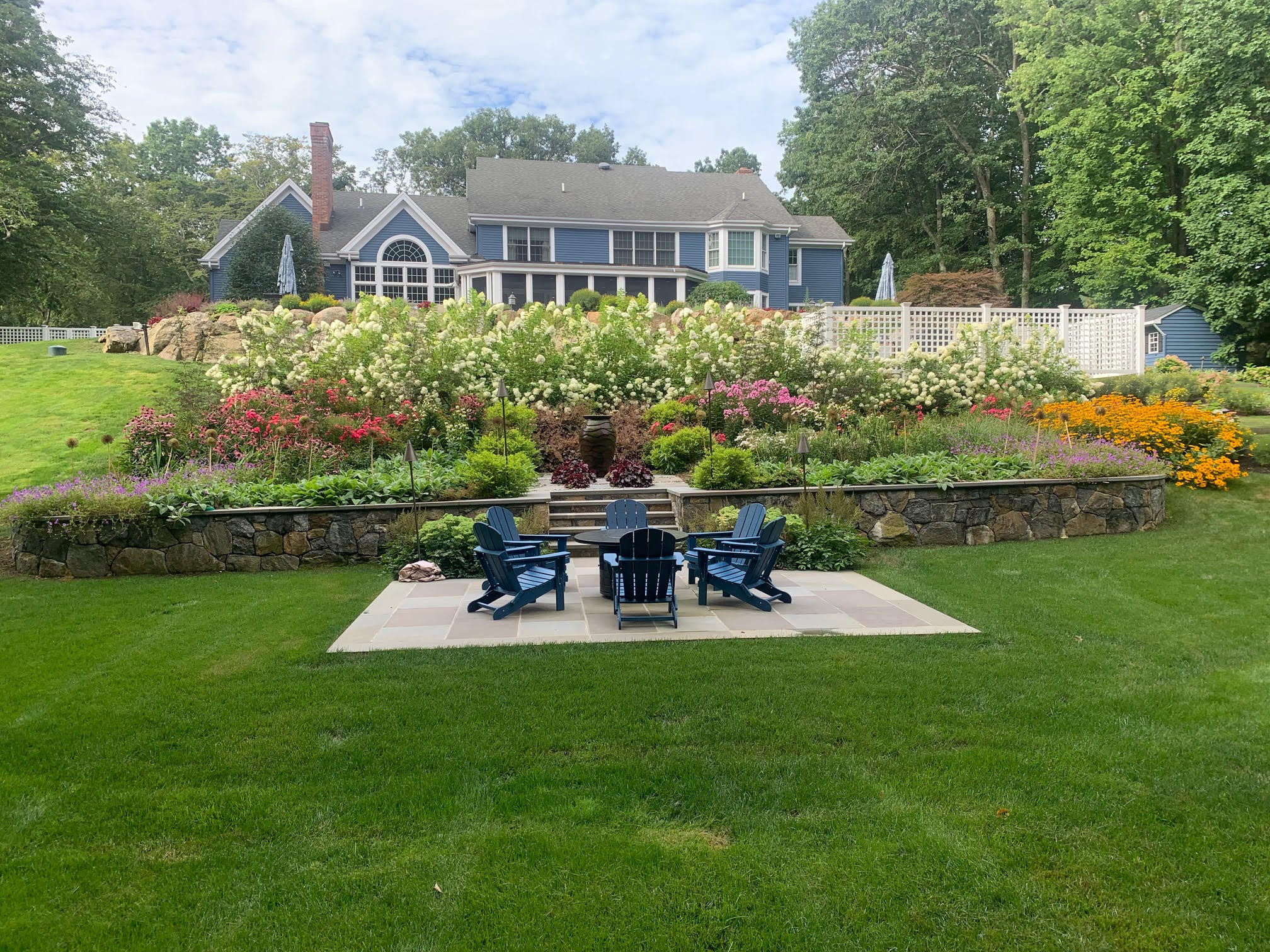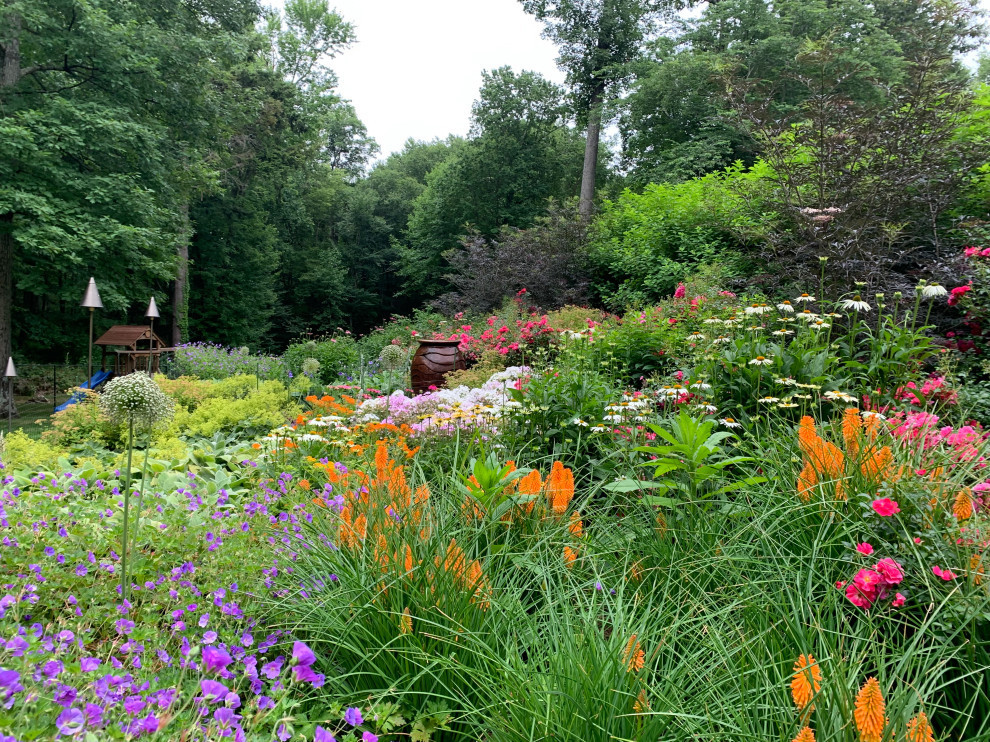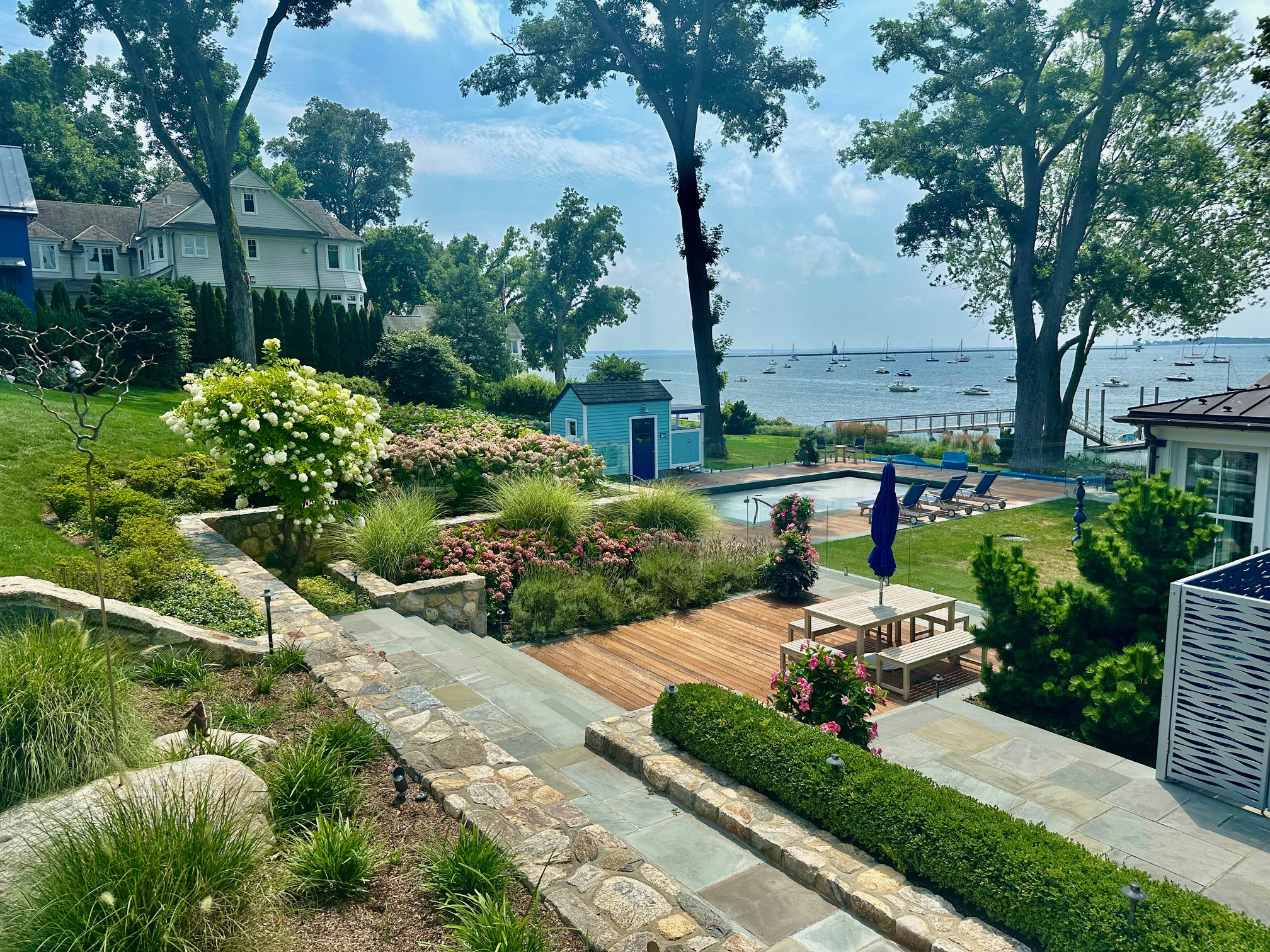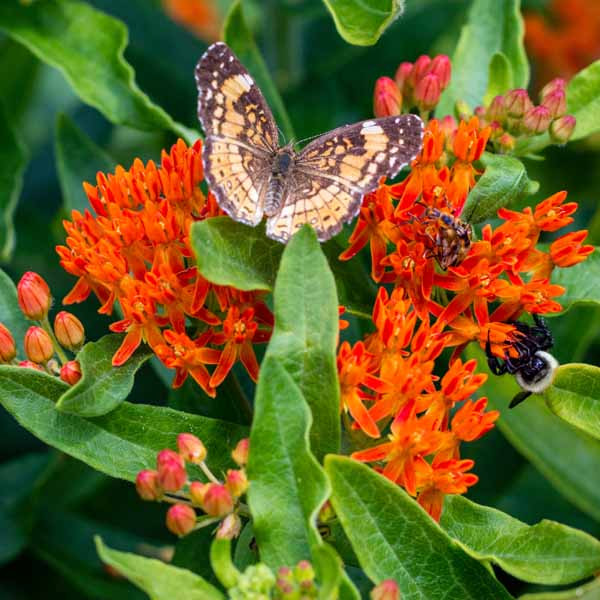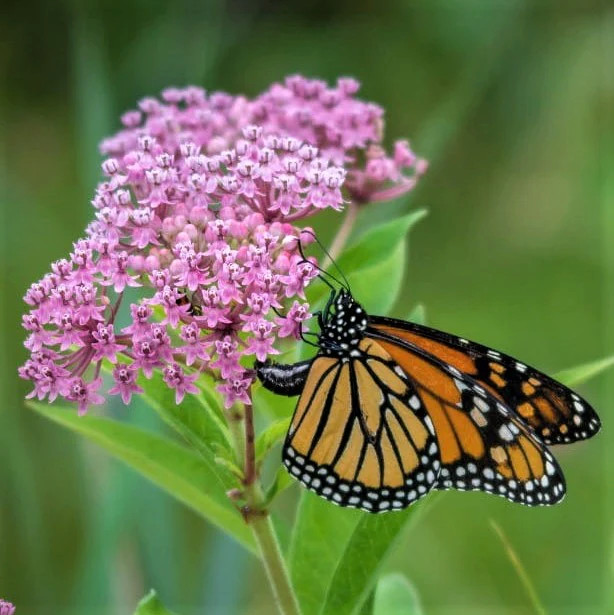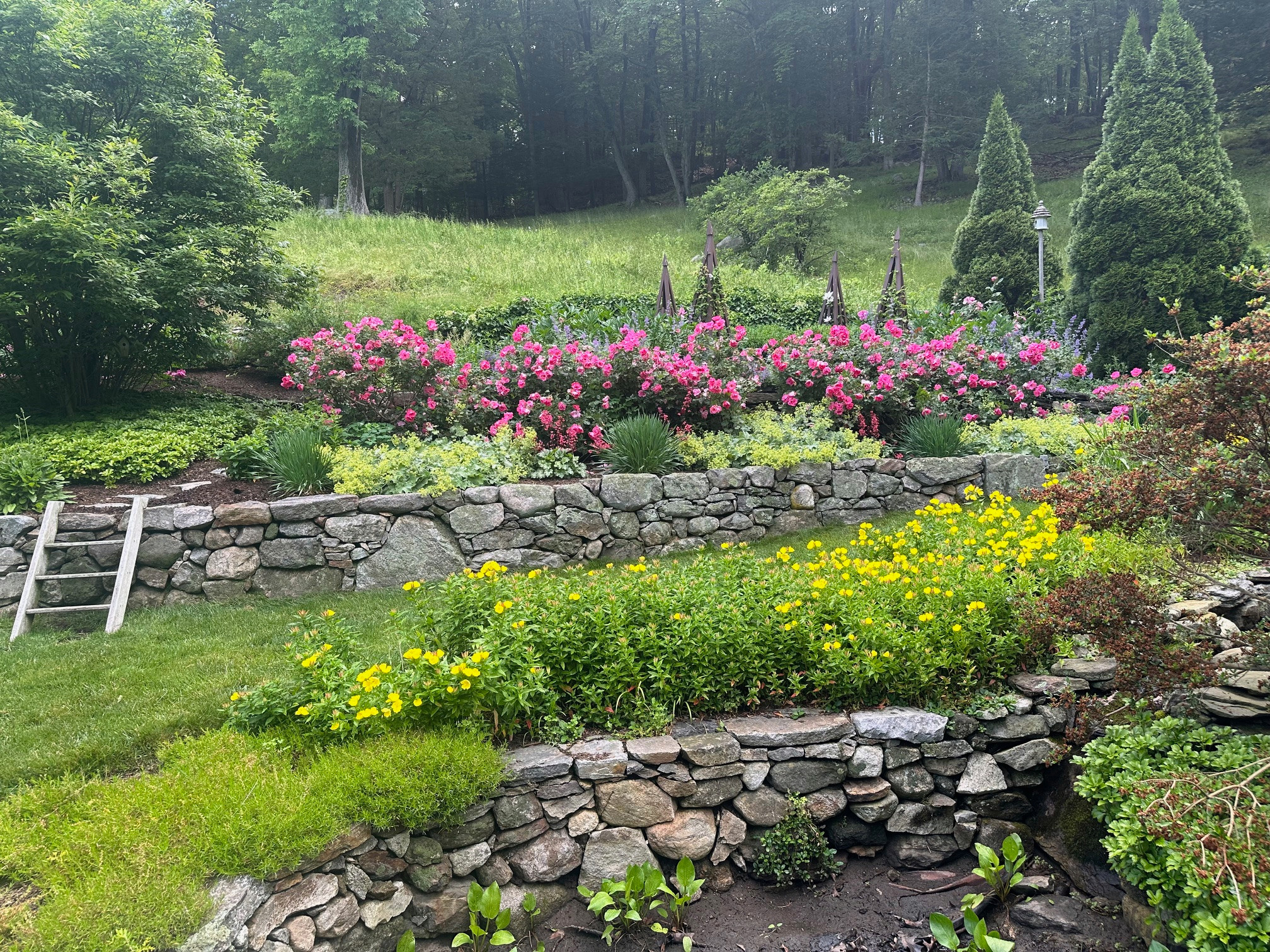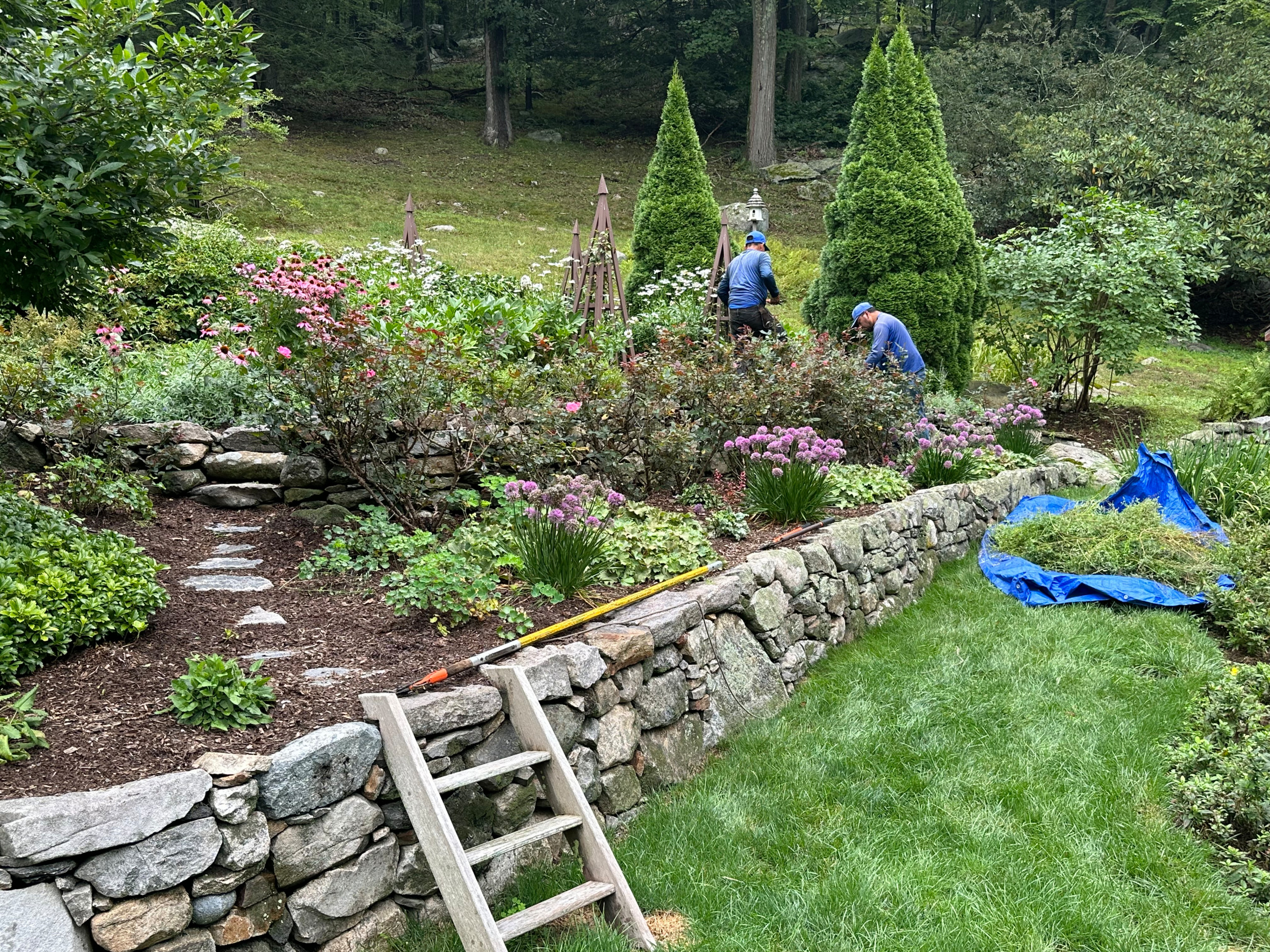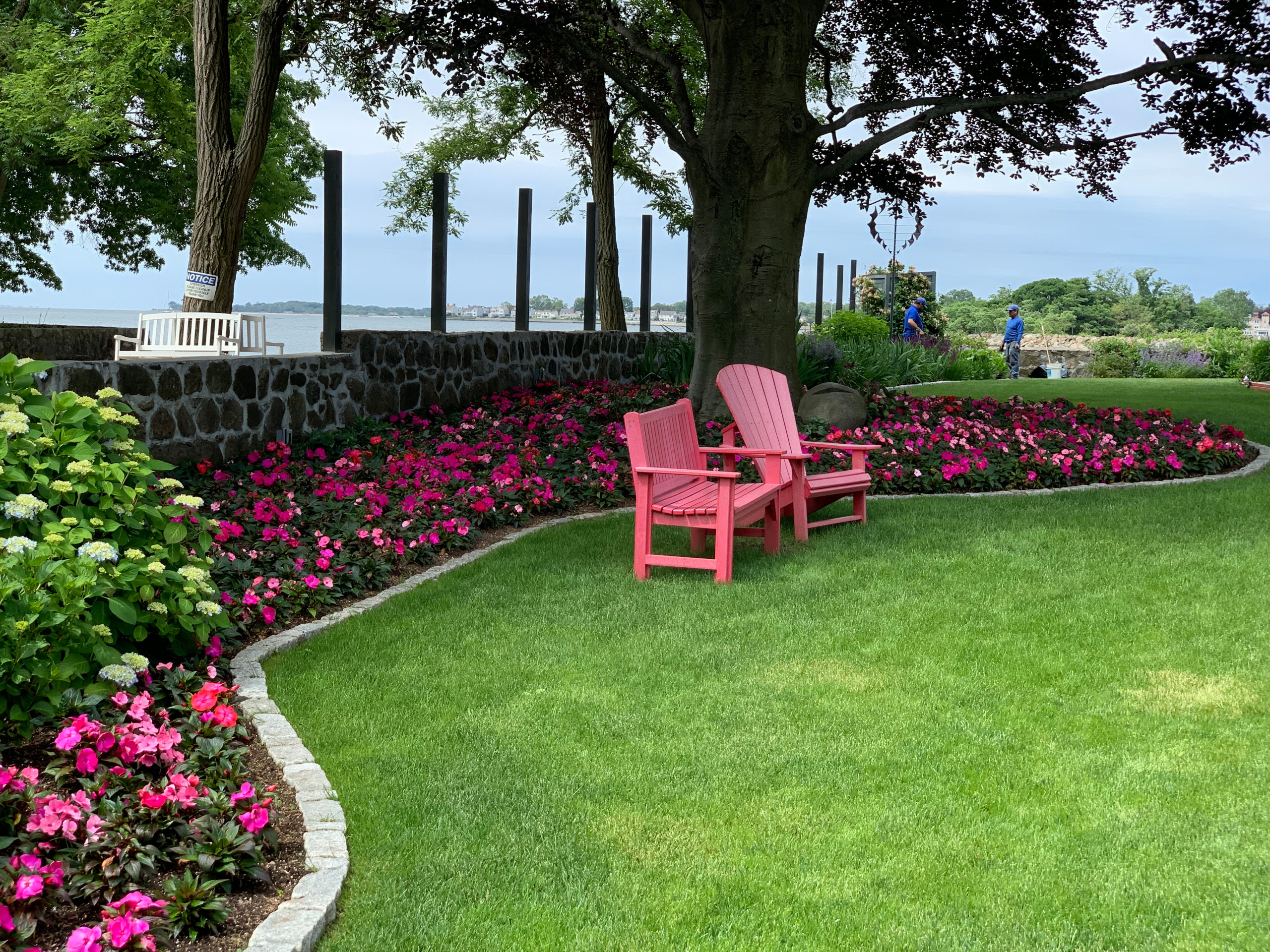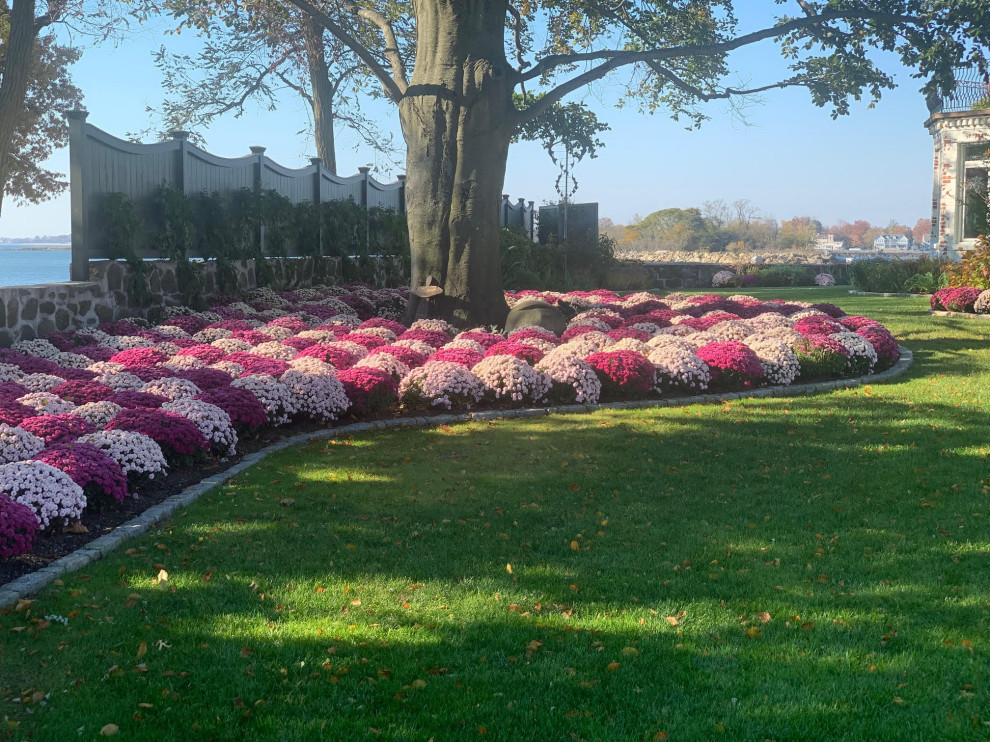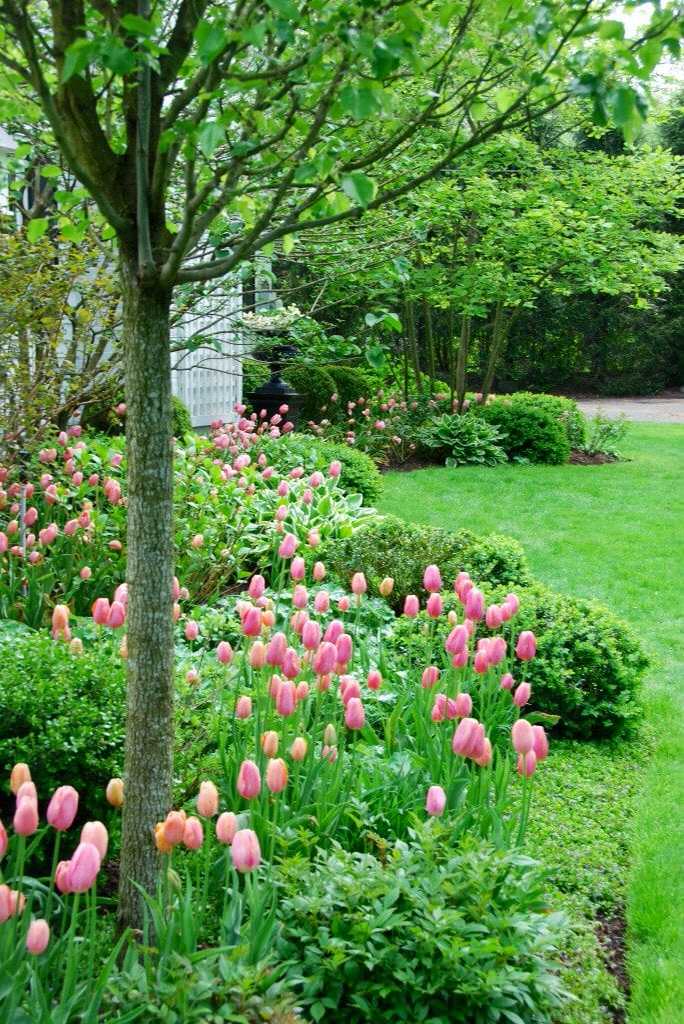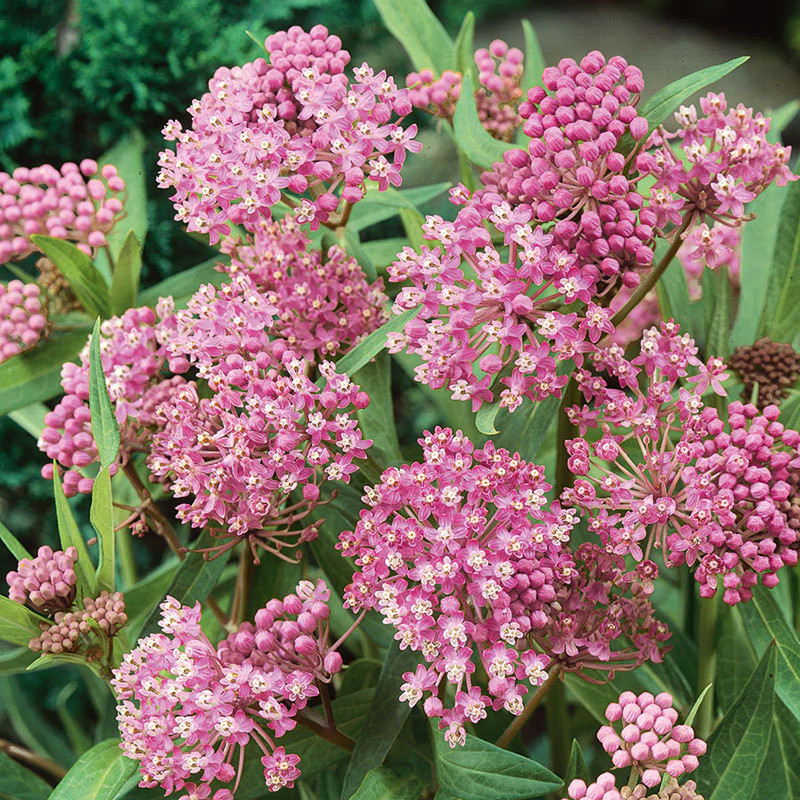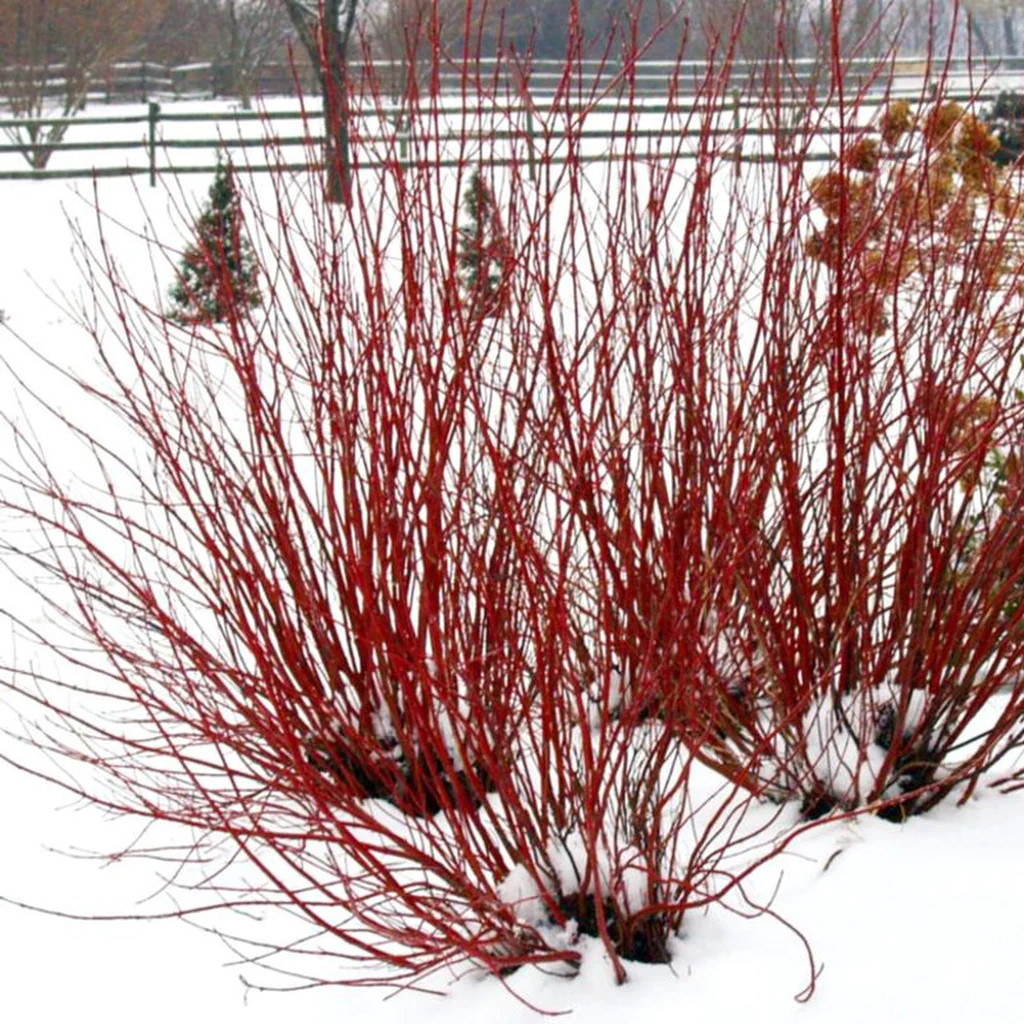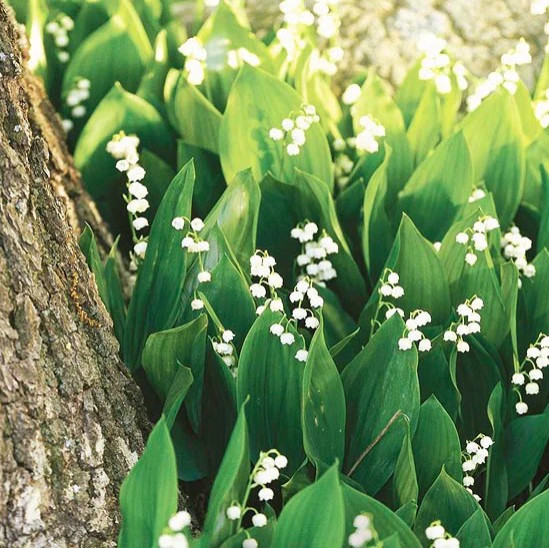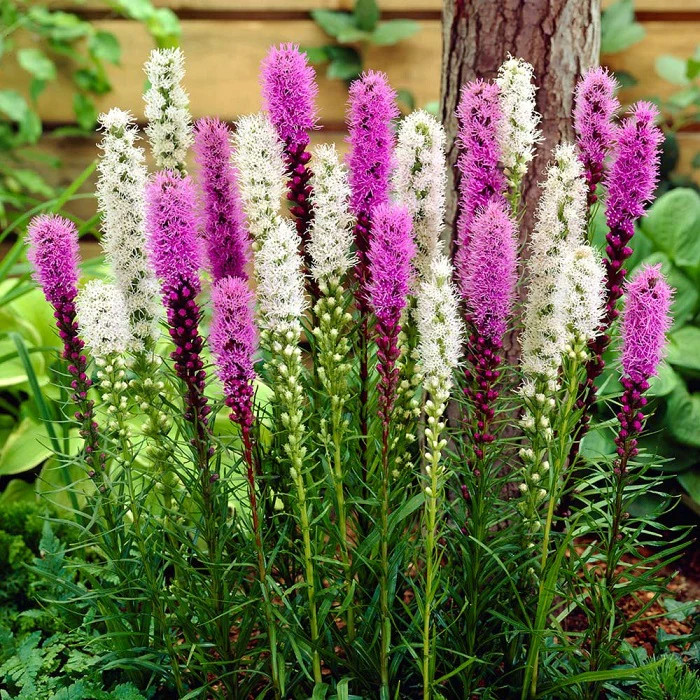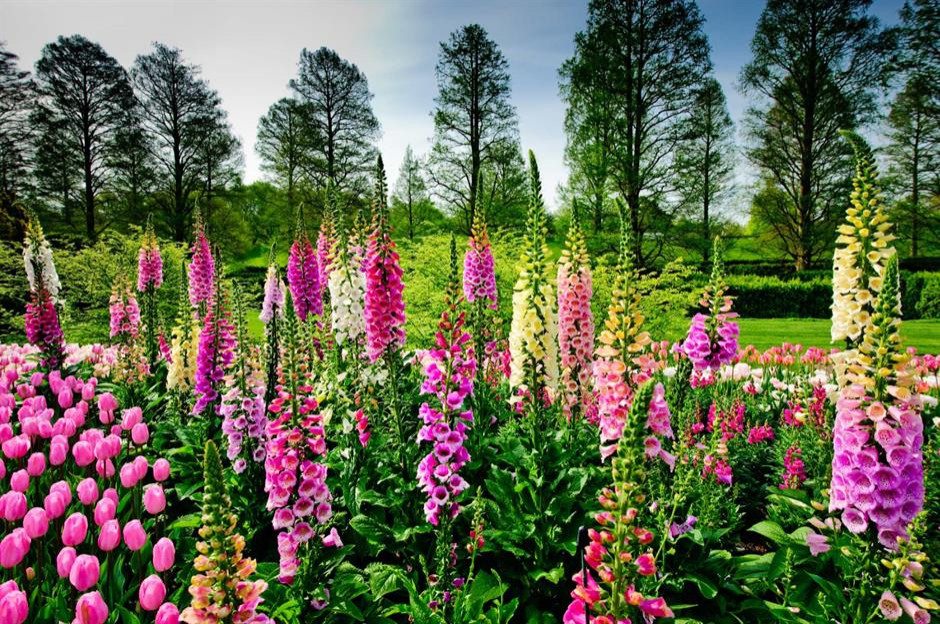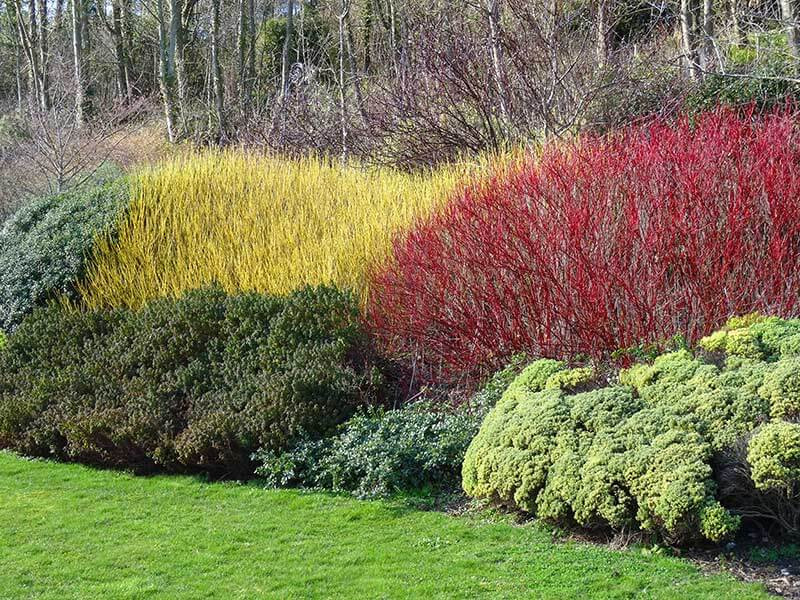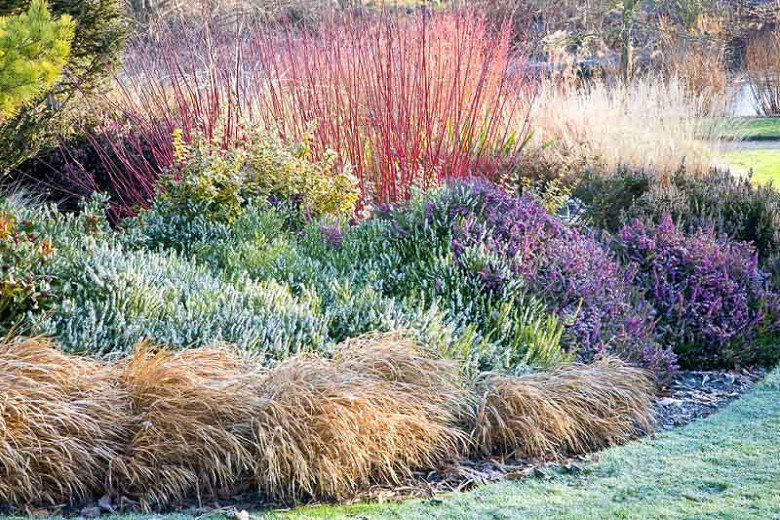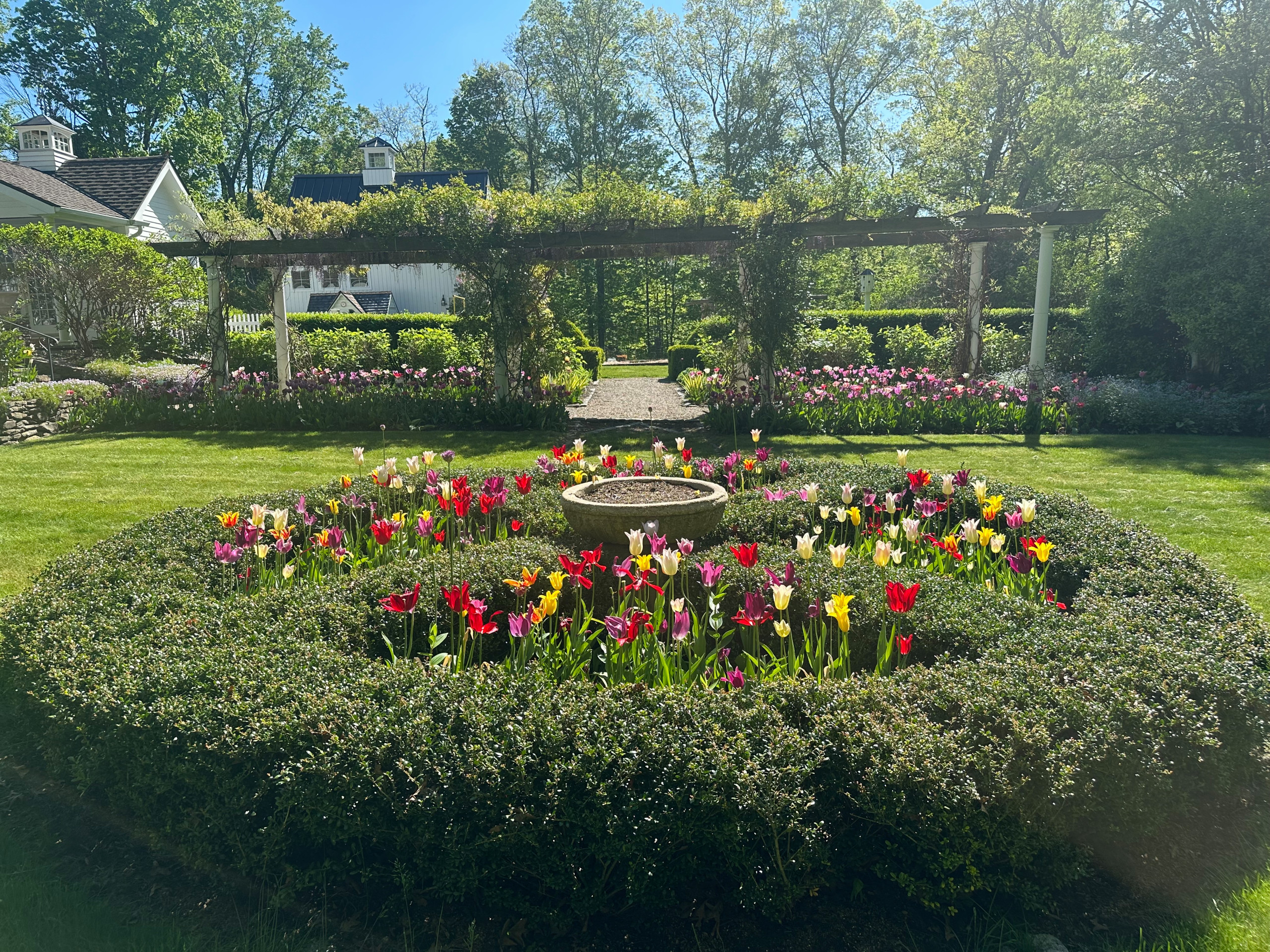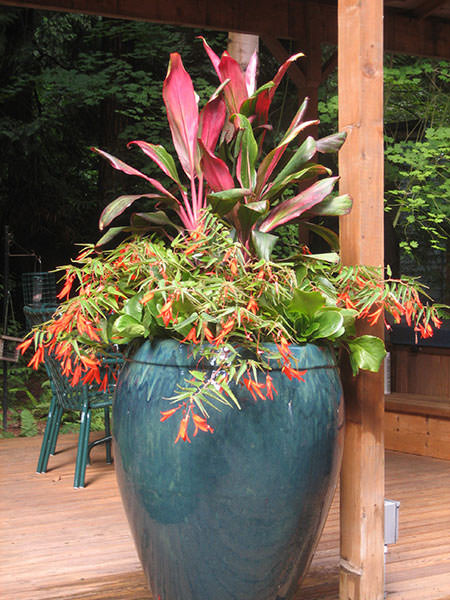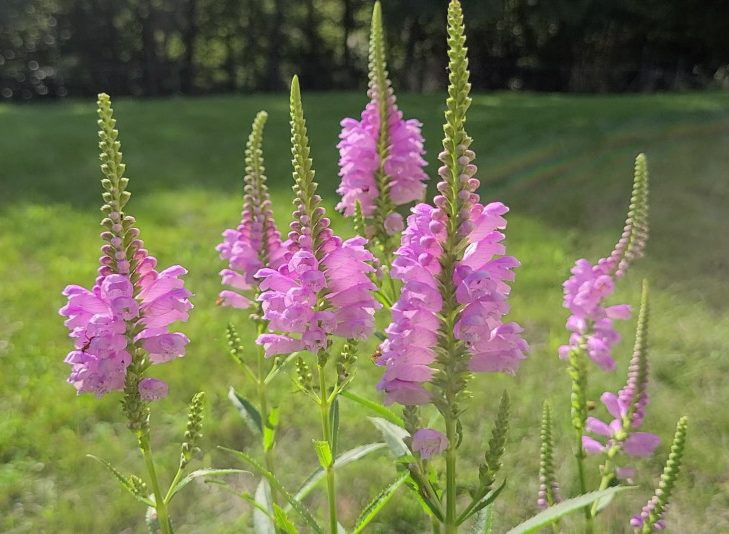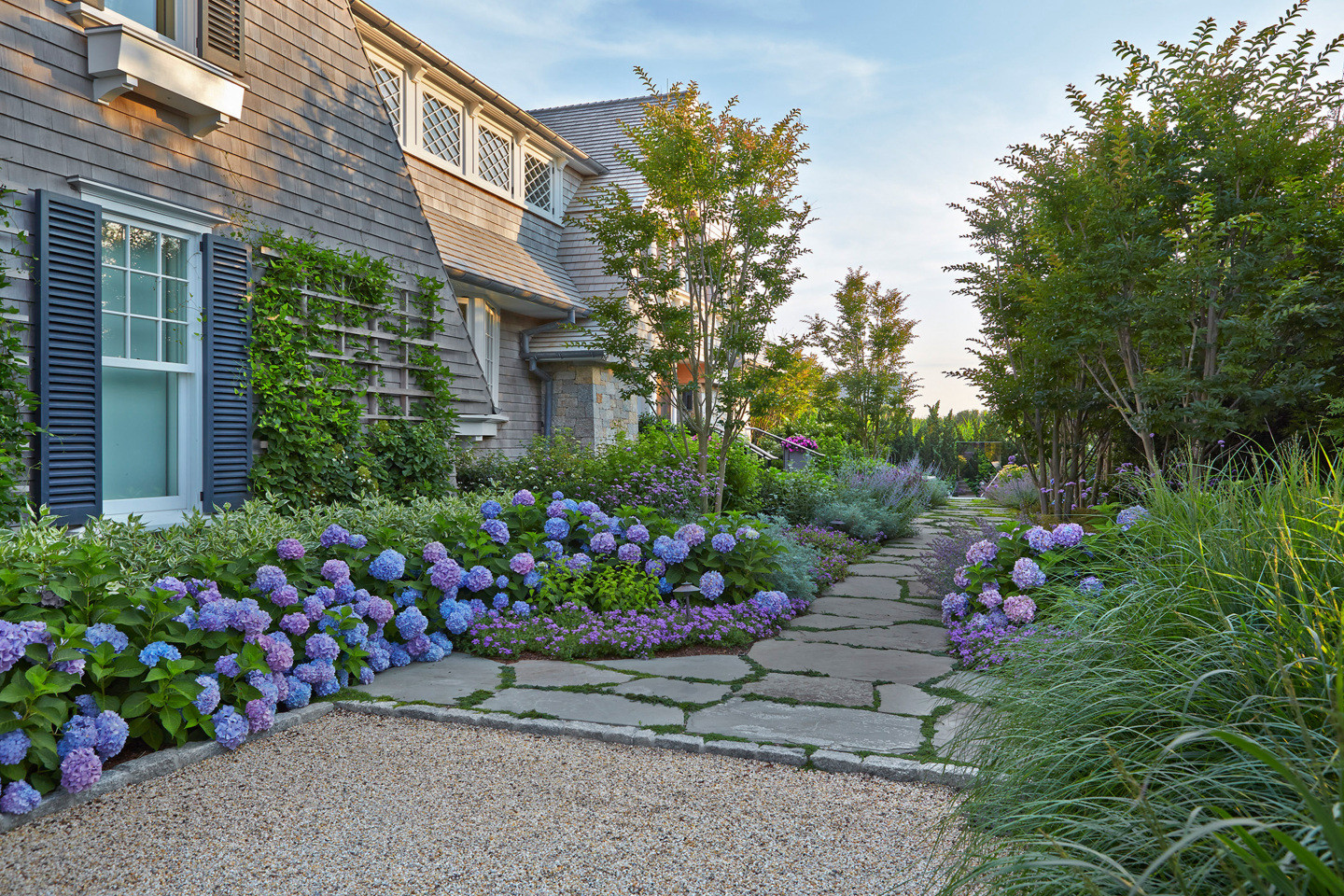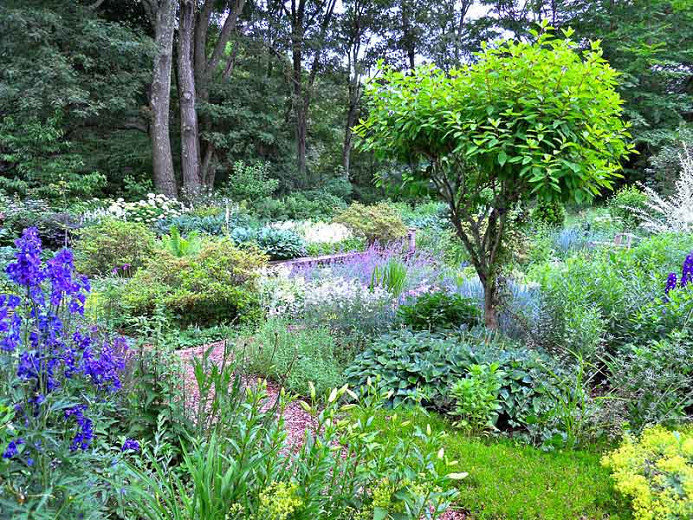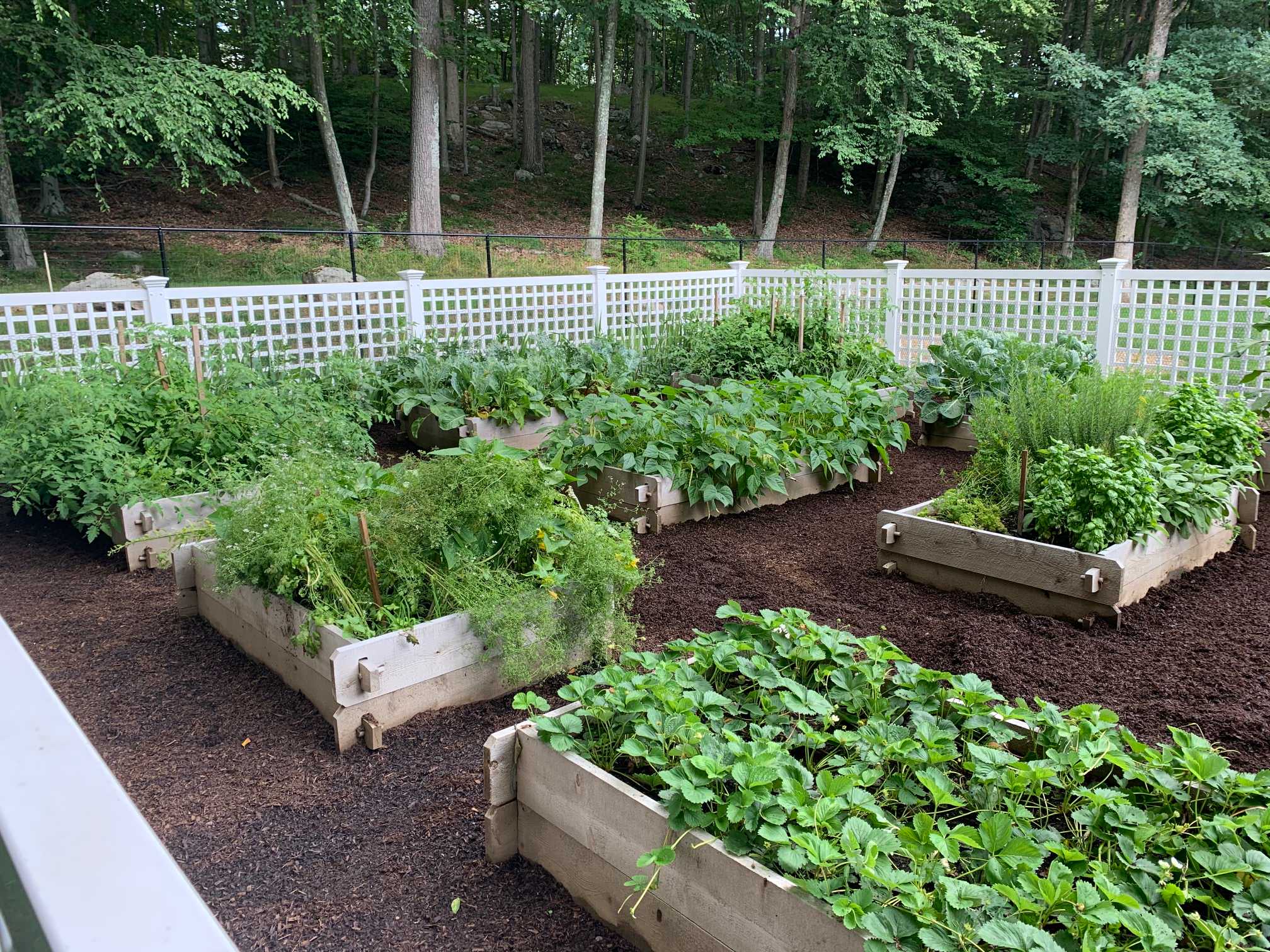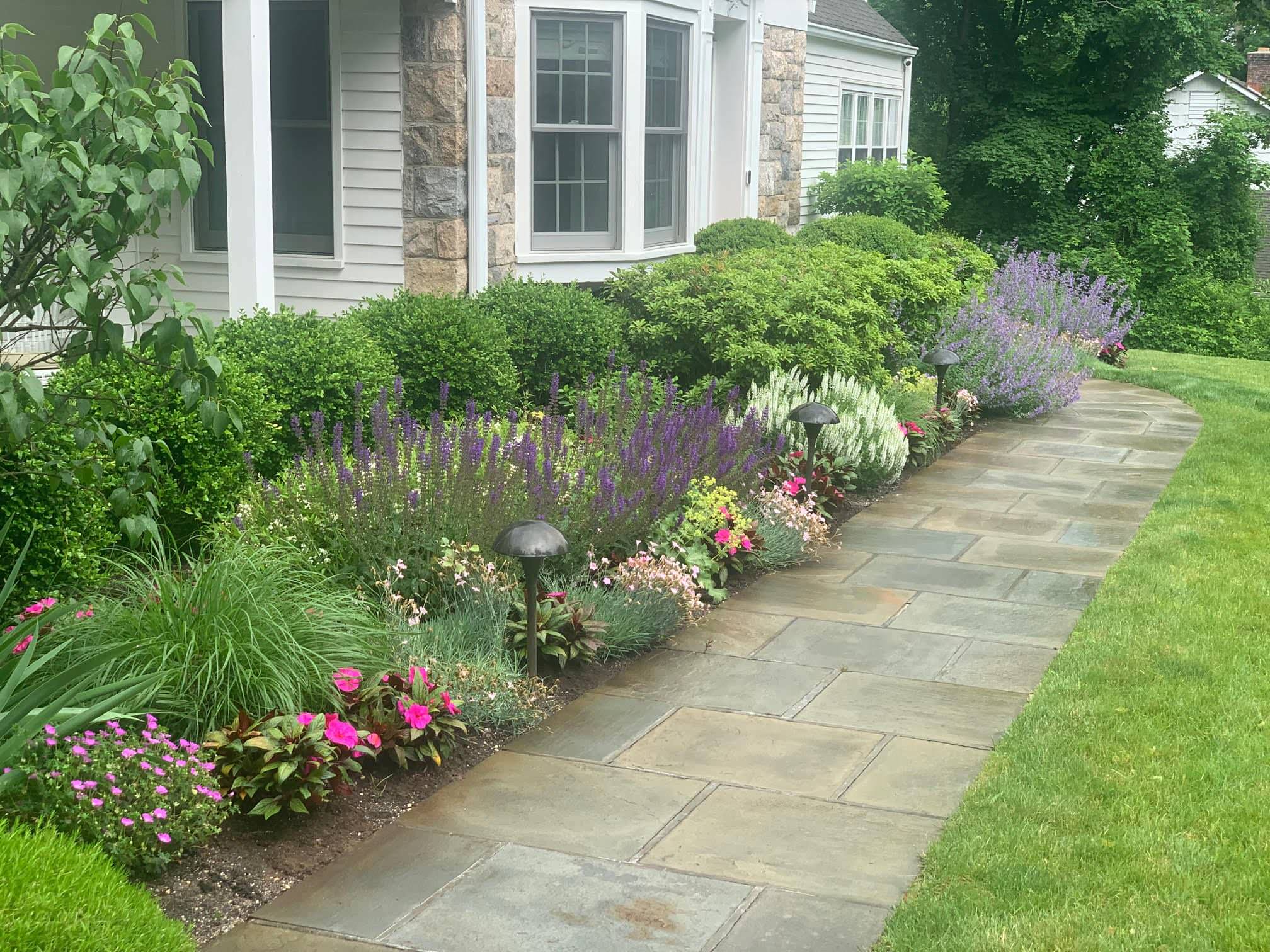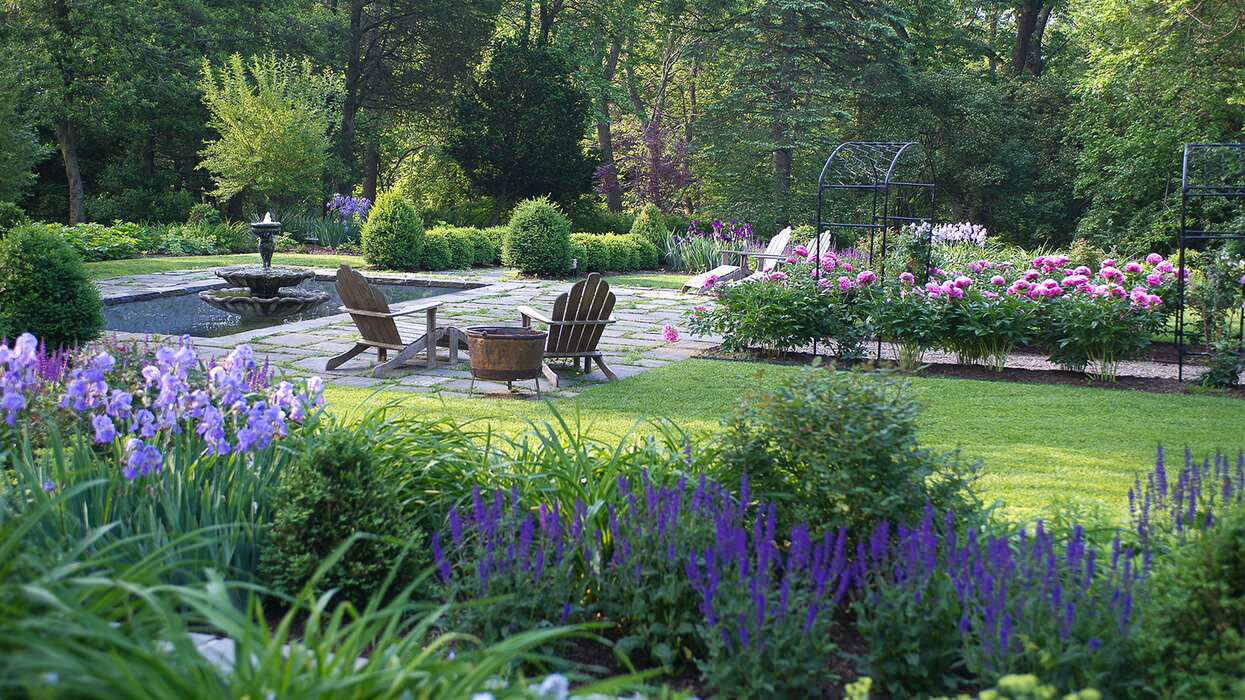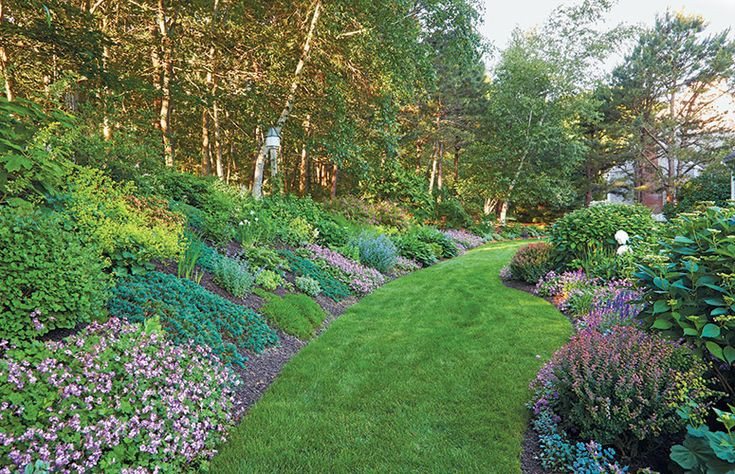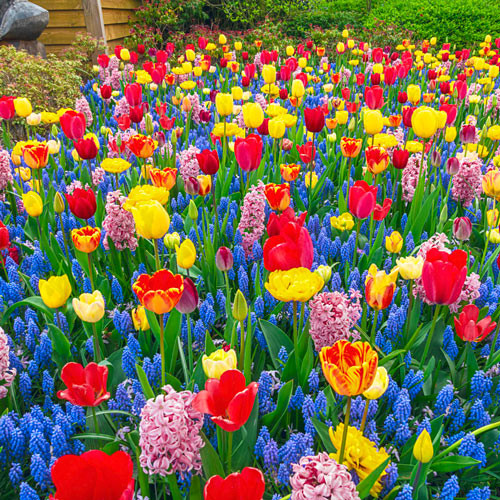Our proven process starts with a first site meeting where our goal is to get to know you, your property quirks and features and your preferences. Our staff of experienced horticulturists are here to answer your questions.
At this initial meeting, we together will determine what the best steps are for moving forward. Maybe this is a mood board followed by designs, maybe you're interested in learning about organic land care and maybe you would like us to help take care of your treasured property.
Our proposals will include upfront pricing and recommendations, and we will keep you as involved in the landscaping process as you would like to be. The majority of our work is completed in house and we also work with trusted contractors on hardscape for stone, timber, lighting, irrigation and water features.
Over the last twenty-five years, we have completed a wide variety of urban and country landscape design projects. These include drought tolerant plantings, pollinator-friendly gardens, ecological landscapes such as wetland, meadow and native gardens which are low-maintenance.
Most of our maintenance clients keep their existing lawn care company and hire us to maintain the ornamental beds and borders and to prune the property. We offer perennial and annual plant care, potted urns, window boxes and vegetable gardens which are designed and maintained, roses, ornamental pruning, organic land care, weeding and mulching services.
Quality is always our focus – we hand select all our plants and collaborate with a small group of vetted contractors, each specializing in their own niche service line. No matter the scope of your project, we strive for client satisfaction by prioritizing clear communication and careful attention to detail. We write emails and texts so you are always informed of the process. We work quietly and always close gates and leave the property better than we found it.
All work is supervised by accredited Horticulturist and Landscape Architect/Designer Peter Atkins, who manages the entire job and who is the liaison between you and our team of installers. Our experienced landscape planners will help you create a handsome and lasting garden that highlights your property.
We are very proud to be an accredited Northeast Organic Land Care business - CTNOFA.org. We are one hundred percent organic. We do not use chemical or manufactured products. We respond quickly to your calls and messages, so reach out any time to learn more about your plants and how to best care for them.
At Peter Atkins and Associates we specialize in the careful, detailed landscape maintenance services that allow your garden to thrive. We look forward to meeting you in your garden!
